On the evening of March 28th, at 7 o'clock, Xiaomi unveiled its first electric vehicle, the Xiaomi SU7. Facing pressure from competitors like Tesla and BYD, Xiaomi has emerged as a new player in the electric vehicle game.
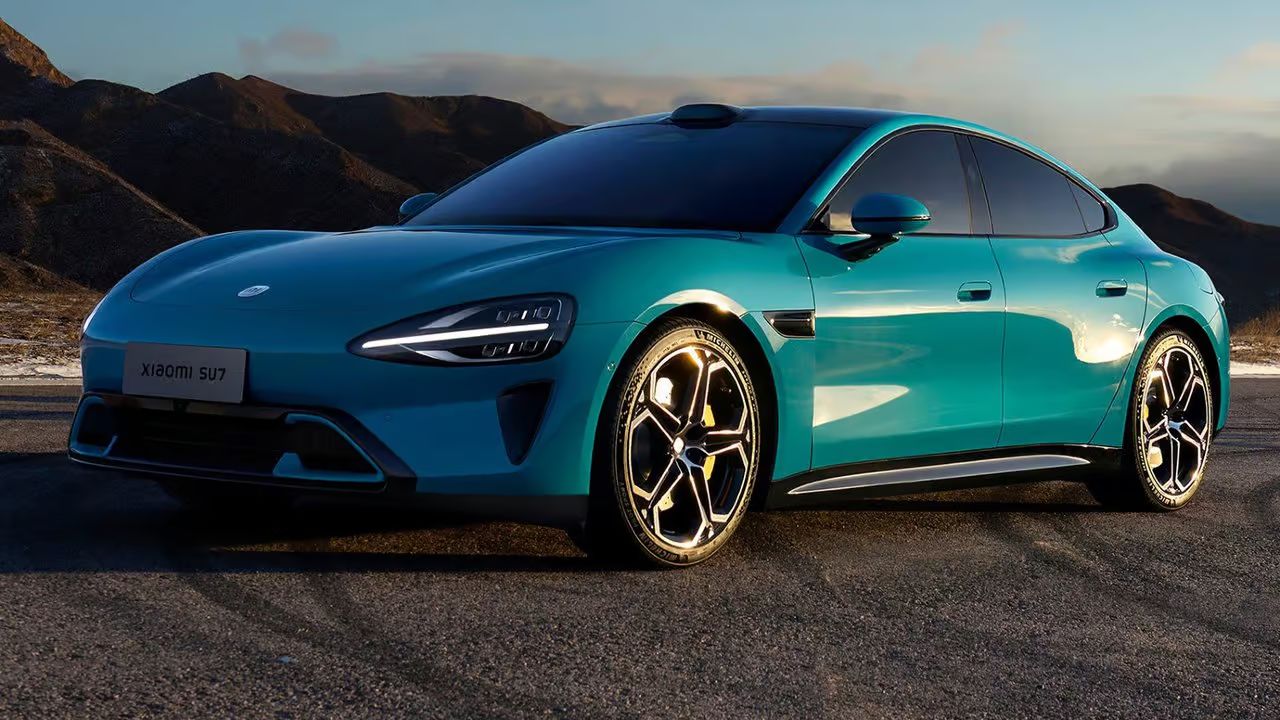
Lei Jun, co-founder of Xiaomi, announced on Thursday evening in Beijing that the base model SU7 is priced at CNY 215,900 (approximately $29,900), while the SU7 Max is priced at CNY 299,900. Xiaomi plans to start mass production by the end of April, and users who pre-order can receive additional gifts such as built-in refrigerators.
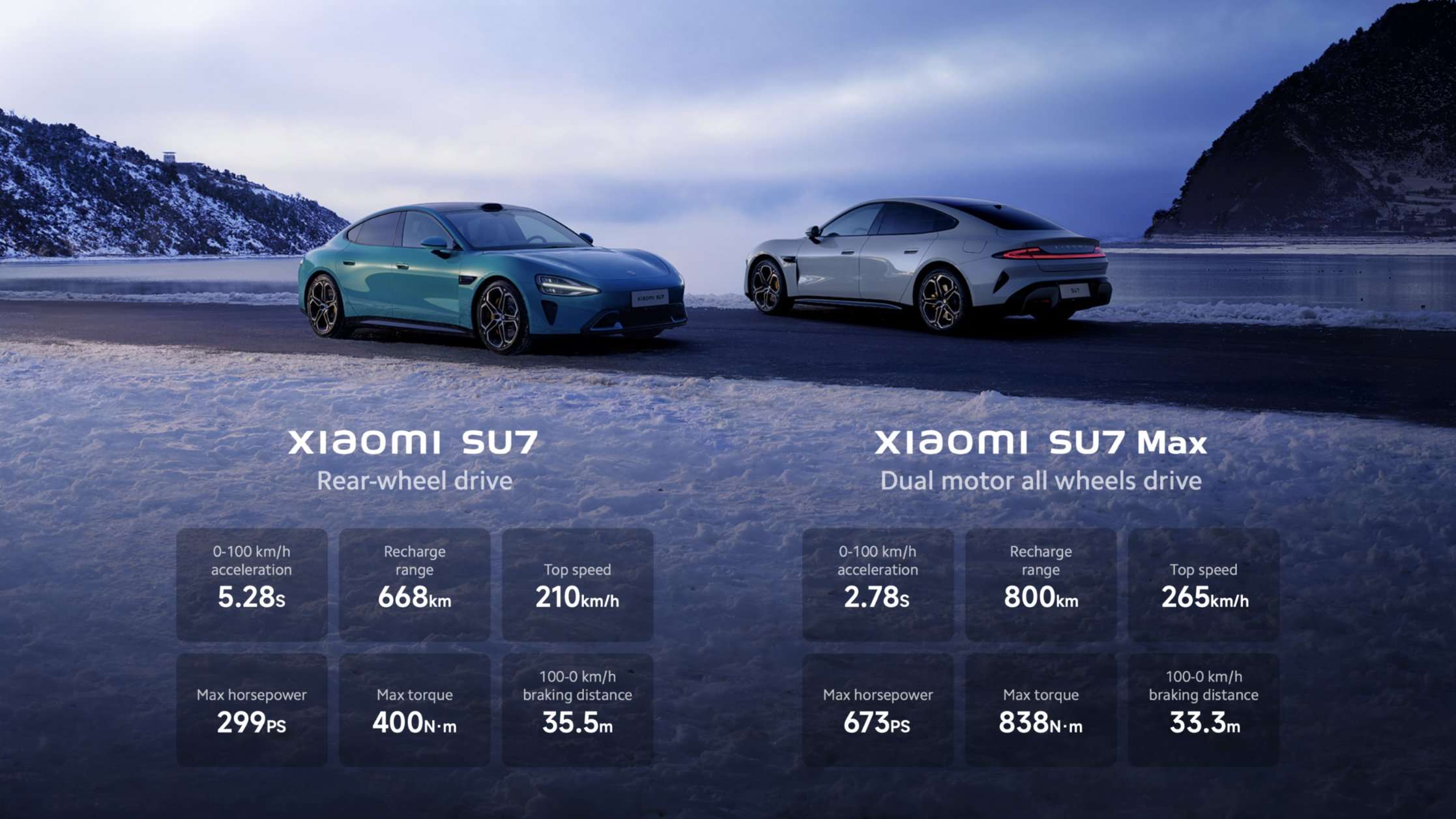
Taking the standard version as an example, the Xiaomi SU7 is rear-wheel drive, with a 0-100 km/h acceleration of 5.28 seconds, a top speed of 210 km/h, a range of 700 kilometers, and equipped with the Xiaomi Pilot Pro autonomous driving system, supporting functions such as high-speed navigation and valet parking. The top-of-the-line Xiaomi SU7 Max is all-wheel drive, with a 0-100 km/h acceleration of only 2.78 seconds, a top speed of up to 265 km/h, a range of up to 800 kilometers, and equipped with Xiaomi Pilot Max.
Xiaomi has been planning its automotive business for many years and has invested a budget of $10 billion. Lei Jun said that Xiaomi's electric vehicle is on par with Tesla Model 3 in most aspects, and he hopes the top-of-the-line model can rival the Porsche electric vehicle, Taycan.
Later on Thursday, Xiaomi announced on social media that pre-orders for the SU7 exceeded 50,000 vehicles within 27 minutes of the launch.
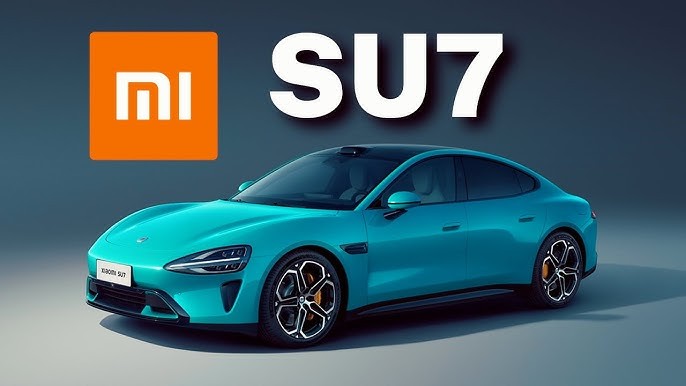
Like Apple, Xiaomi saw an opportunity to enter the electric vehicle market, but unlike Apple, which abandoned its car project in February this year, Xiaomi continued to push forward.
Lei Jun said at the press conference on Monday, "Building cars is really difficult, even giants like Apple have given up." After announcing the details of the SU7 design, Lei Jun redirected the topic back to Apple, hoping that the Xiaomi SU7 would become the preferred choice for Apple users to buy cars.
Prior to the announcement of the SU7 price, Xiaomi's stock price rose 1.2% in Hong Kong on Thursday. CEOs of Xiaopeng Motors, Ideal Motors, NIO, and the chairman of Beijing Automotive and Great Wall Motors were invited to attend, regarded as friends by Lei Jun.
The global electric vehicle market, which was once in its infancy and received substantial subsidies, has now become a fiercely competitive arena. Tesla and BYD's price wars have put pressure on other small and medium-sized car companies. Xiaomi hopes to attract domestic consumers with its own products. The company's automotive design department has hired former BMW designer Li Tianyuan and his team. Chris Bangle, who previously worked at BMW and Fiat, also provides consultation and assistance to Xiaomi.



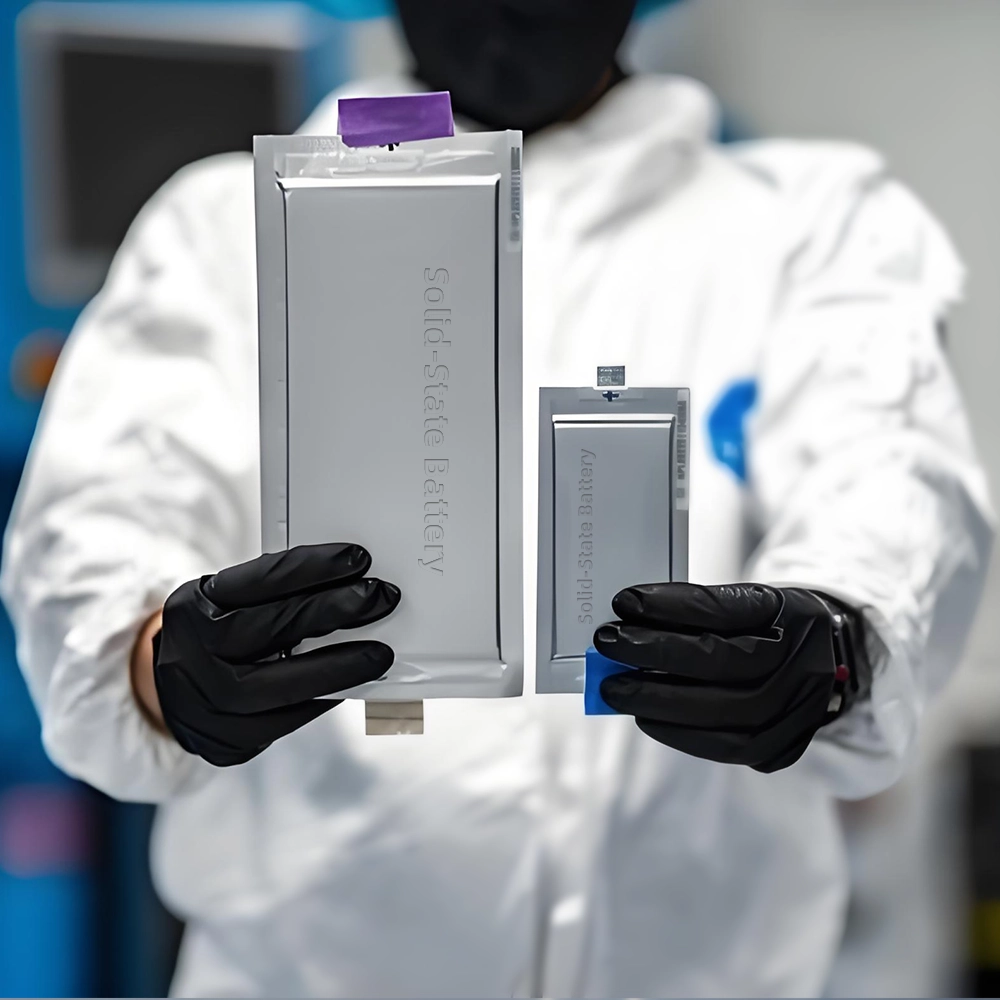
The lab focuses on solid-state battery research to overcome traditional lithium batteries' safety and energy density issues, supporting environmental sustainability. It develops innovative solid-state electrolytes, refines electrode materials, and investigates ion transfer and interface stability to revolutionize battery technology.
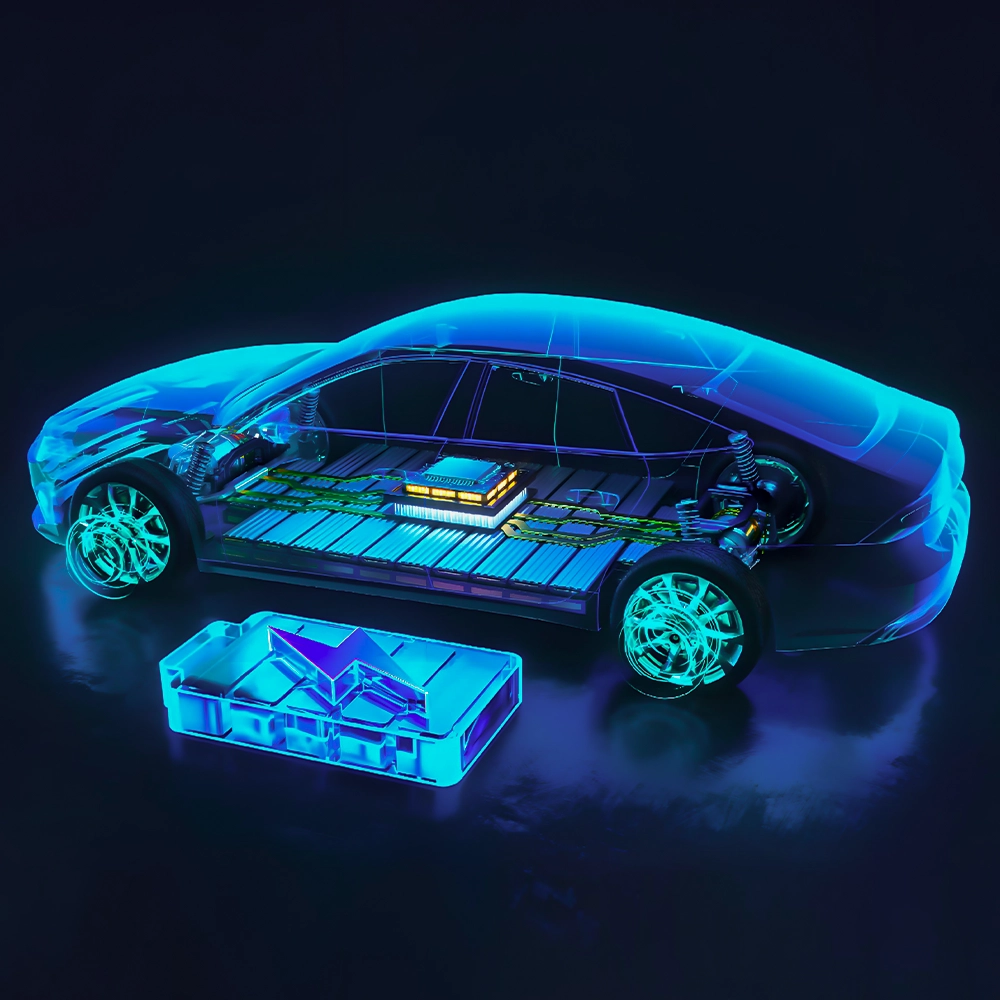
The electric vehicle battery industry is rapidly developing, focusing on technological innovation, market competition, and sustainability. Research hotspots include solid-state batteries, new types of electrolytes, BMS optimization, and recycling technologies. The environmental adaptability, safety, and economic viability of batteries are key research areas, and the industry is expected to undergo more innovation and transformation.
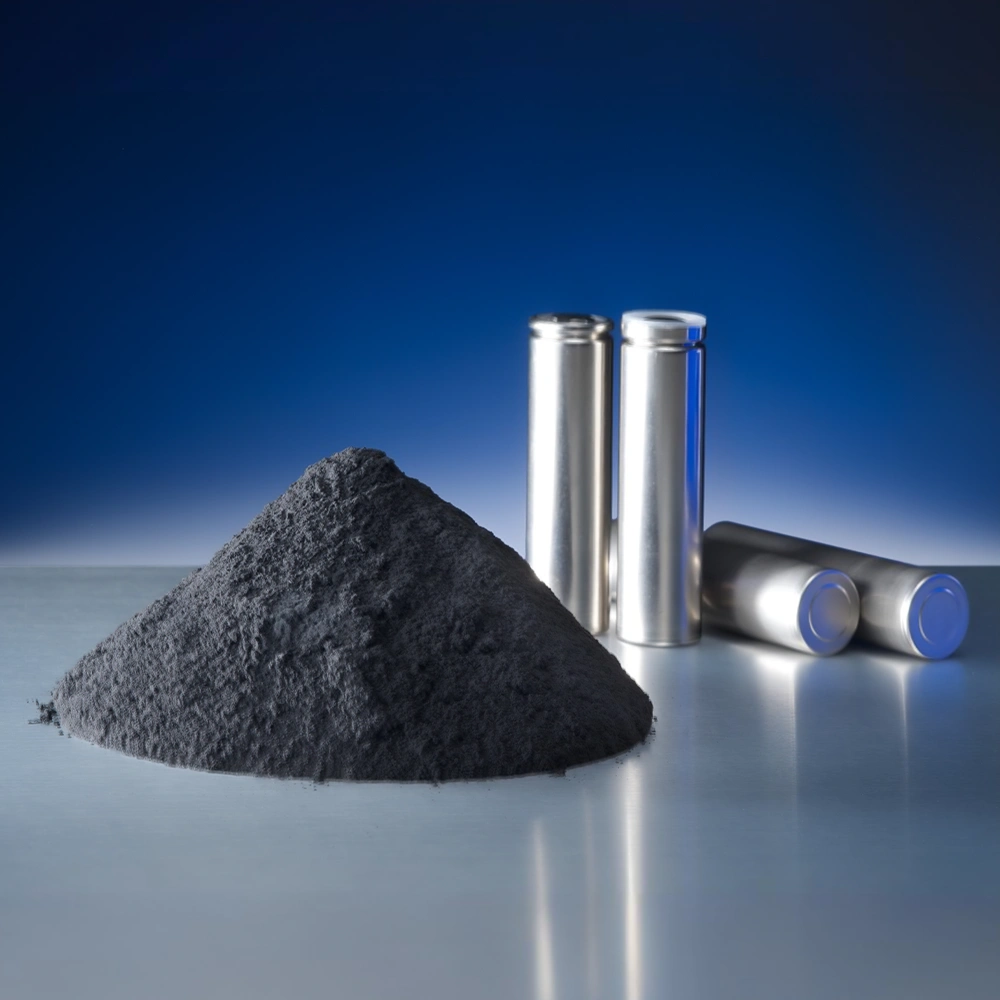
Specializing in battery preparation technology research, the focus is on overcoming existing energy storage challenges by innovating in electrode materials, battery chemistry, and manufacturing processes to improve performance, safety, and reduce costs. Sustainability and recycling technologies for batteries are also emphasized to mitigate environmental impacts and foster the growth of green energy.